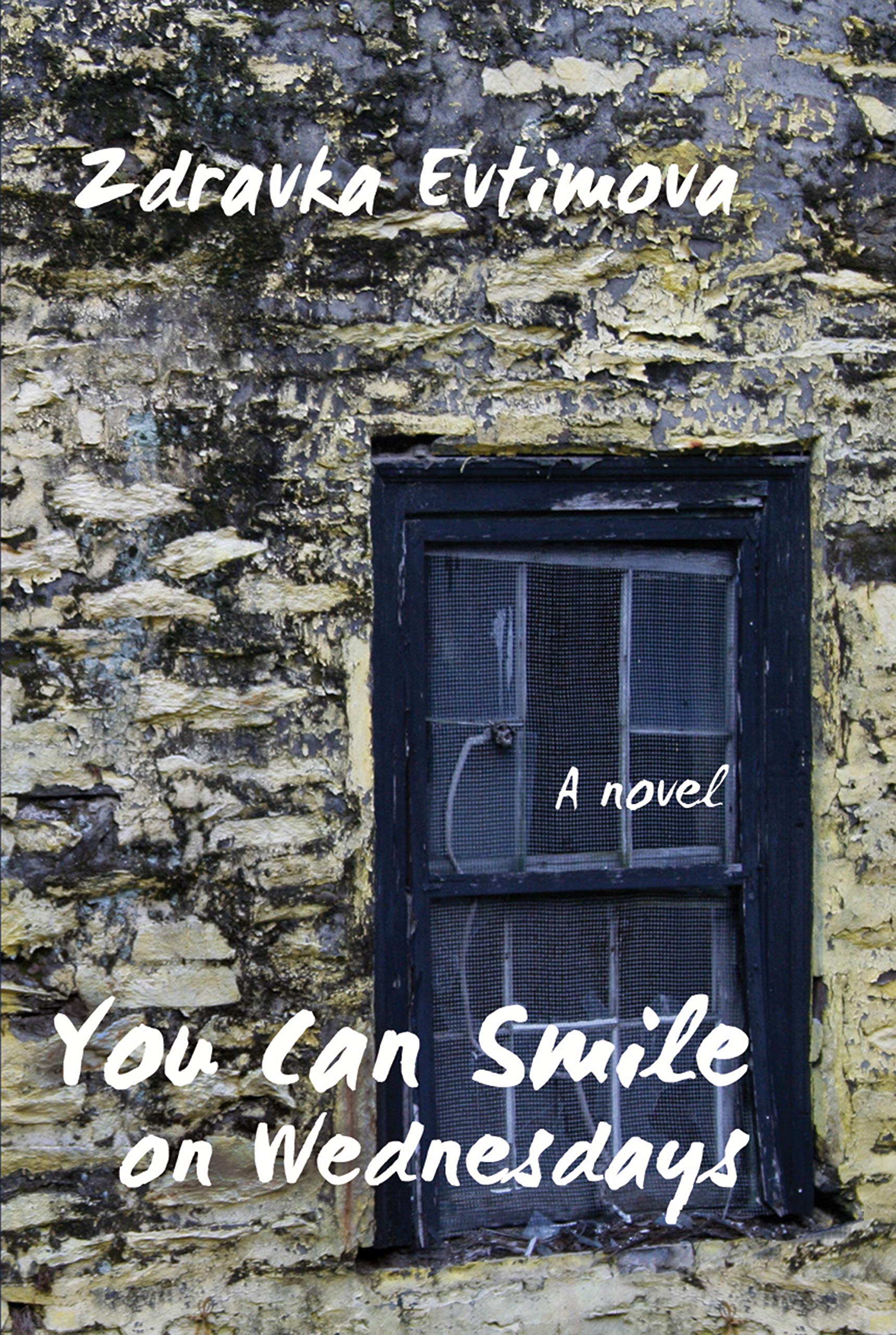Authentically grounded magical realism
4 steloj
You Can Smile On Wednesdays was a wonderfully surprising read for me. A contemporary fiction novel set in a deprived Bulgarian town, it depicts memorable scenes of poverty such as the Roma girl whose repurposed trouser leg skirt is so tight she can barely walk. I recognised hints of Eliza Tanzer's autobiography, The Girl From Nowhere, in Evtimova's fictional portrait of Radomir life. This contrasts with the vulgar affluence of local bully Yakob who, unfortunately correctly, believes in his right to seize anything or anyone he wants. I loved the tavern full of hopeless drunks whiling away their days out of their heads on cheap turnip brandy which, in their frequent plans and plots to get more booze from bar owner Anno, reminded me of Cannery Row by John Steinbeck. Evtimova's portrayal is as deft. Her characters become increasingly vivid as our tale progresses so I could understand how the …
You Can Smile On Wednesdays was a wonderfully surprising read for me. A contemporary fiction novel set in a deprived Bulgarian town, it depicts memorable scenes of poverty such as the Roma girl whose repurposed trouser leg skirt is so tight she can barely walk. I recognised hints of Eliza Tanzer's autobiography, The Girl From Nowhere, in Evtimova's fictional portrait of Radomir life. This contrasts with the vulgar affluence of local bully Yakob who, unfortunately correctly, believes in his right to seize anything or anyone he wants. I loved the tavern full of hopeless drunks whiling away their days out of their heads on cheap turnip brandy which, in their frequent plans and plots to get more booze from bar owner Anno, reminded me of Cannery Row by John Steinbeck. Evtimova's portrayal is as deft. Her characters become increasingly vivid as our tale progresses so I could understand how the relationships between everybody went further than simply familial connections.
The three sisters at the centre, at times, felt almost magical despite their dismally grounded lives. Evtimova's poetic repetion of specific characteristics and physical attributes helped to reinforce the sense that I could have been reading an adult fable. I connected most strongly with Luba whose existence is almost completely defined by her books, having taken too strongly to heart everyone's advice that book learning will be her escape from Radomir. Printed pages never actually allow her to leave the town, but she need not look up from them long enough to realise.
I recommend You Can Smile On Wednesdays to readers who enjoy literary fiction and authentically grounded magical realism, particularly with a central European atmosphere. There is a wonderful timelessness to this story which I really appreciated and I was quite amazed that both You Can Smile On Wednesdays and Zdravka Evtimova herself aren't widely known.

